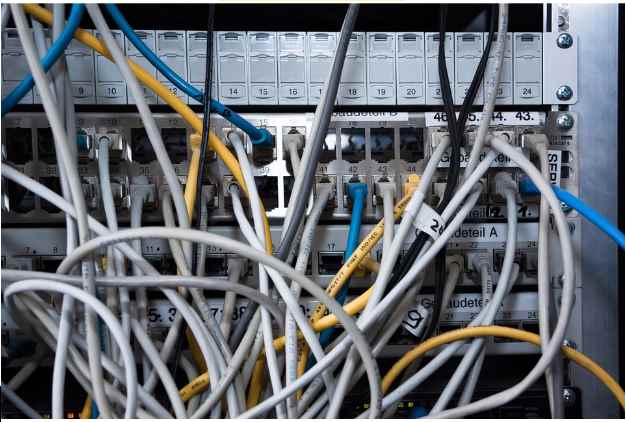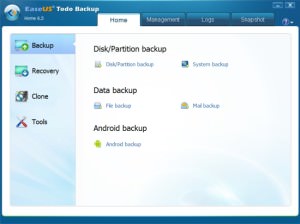The Beginners’ Guide to Industrial Computers
Industrial computers are commonplace today in industries from manufacturing and construction to oil fields and power plants. They can withstand hazardous conditions that a regular computer could not tolerate. Industrial computers are necessary tools that help many businesses function in less-than-perfect environments. Industrial computers and residential computers share many of the same hardware components, and they are similar in the way they process and store information, but there are some important differences between the two. Below is a beginners’ guide to industrial computers.

Placement Is Important
One of the first things you may notice about industrial computers is the way they are set up. Residential computers can be placed in many different locations without a second thought, but that is not the case with industrial computers, which frequently need to be anchored down in steel or aluminum enclosures or racks. The sizes of these rack-mounted components are designated by 1U, 2U, 3U, and so on. The term 1U refers to one rack unit of height. One rack unit is equal to 1.75 inches, so 2U, which is two rack units of height, would be 3.5 inches and so on. This means that a rackmount component would need to fit within that space measurement.
Ruggedness Is Critical
Industrial computers are designed to tolerate harsh conditions, such as rigorous movement or vibration, intense heat, humidity, dirt and corrosive substances. As with all electronic devices, industrial computers are rated according to an Ingress Protection Rating. This is also referred to as an International Protection Rating. This rating is a code, which includes the letters IP followed by two digits and sometimes an additional letter. These numbers refer to specific criteria that show how adequately the device is protected from solids and liquids. For example, a component with an IP67 rating means that the device is completely protected from dust and can be immersed in liquid up to a depth of one meter. You should consider the IP ratings of the components when determining which equipment to buy.
Hardware Is Flexible
When purchasing industrial computer equipment, it is important to take hardware and system requirements into consideration. As with any other computer, you should think about what types of applications you will be running and how the computer will be used so you can determine which components will best suit your purposes. Most industrial computers have a number of I/O expansion options and most have serial ports, which is important if you plan to interface with older components. Having multiple expansion slots gives you the ability to accommodate multiple components into your system.
Fans Are Optional
The fans in traditional computers operate mechanically and can experience mechanical failure. Units with fanless, passive cooling systems help keep the workplace clean and free of dust while reducing the amount of noise in the vicinity, which can greatly improve the efficiency of the equipment.
As you plan the setup of your system, you should consider the various components that will best fit your needs. The key elements above can provide information crucial to understanding the complexity and usefulness of the industrial computers that are so vital to businesses as they operate in harsh conditions.







